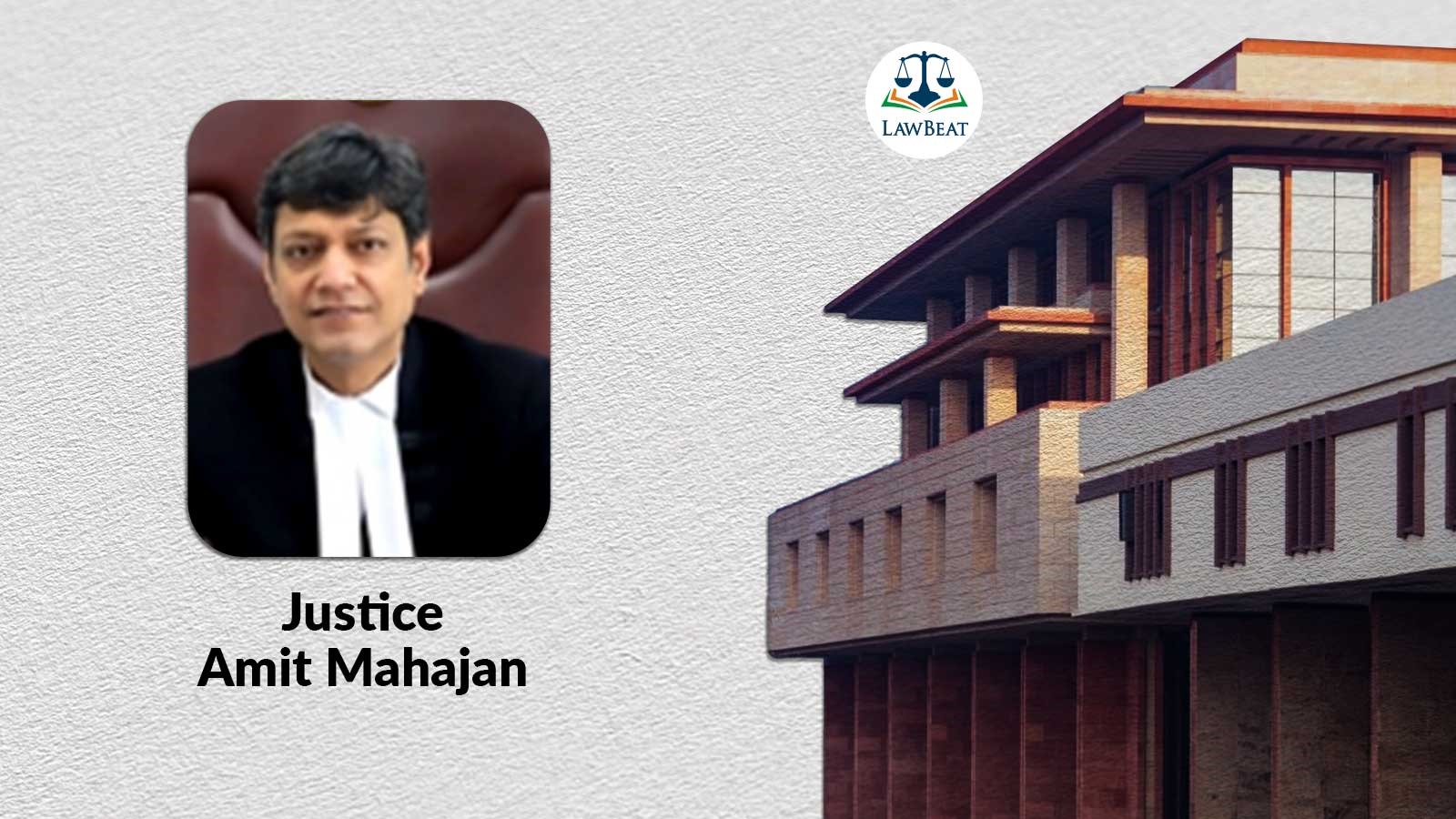Delhi HC Allows Masking Of Parties’ Names, Citing That Cleared Individuals Should Not Face Public Stigma

“There is no reason why an individual who has been duly cleared of any guilt by law should be allowed to be haunted by the remnants of such accusations easily accessible to the public. Such would be contrary to the individual’s right to privacy which includes the right to be forgotten, and the right to live with dignity guaranteed under Article 21 of the Constitution of India”, the bench of Justice Amit Mahajan added.
The Delhi High Court, recently, held that the individuals who were duly cleared of guilt by law should not be subjected to the lingering effects of accusations accessible to the public. The court, therefore, directed the Registry to mask the names of the parties involved in the case.
The court further observed that such exposure violated their right to privacy, encompassing the right to be forgotten and the right to live with dignity, as guaranteed under Article 21 of the Constitution of India.
The petitioner submitted a plea requesting directives to the Registry for masking their name from the order and associated pleadings. Senior Advocate S.D. Salwan, representing the petitioner, argued that disclosing the petitioner’s name as an individual involved in a criminal case would cause irreparable harm to their social life and career prospects, despite the case against the petitioner being quashed by the Court.
It was further contended that the petitioner was entitled to protection under the ‘right to privacy’ and the ‘right to be forgotten,’ which had been clearly defined and recognized as fundamental rights. Additionally, it was emphasized that this issue had garnered significant attention internationally, particularly in the European Union, leading to the formulation of the General Data Protection Regulation (GDPR), which regulates the collection, processing, and deletion of personal data.
Senior Advocate Salwan also asserted that individuals have the right to request search engines to remove links to personal information upon request, provided such information is no longer relevant. He further argued that the petitioner, being a young professional, was facing stigma and adverse effects on their personal life, career, and future prospects due to the online availability of case details. He maintained that the presence of these details on the internet created a misleading impression of the petitioner’s involvement in a criminal case, thereby deterring career growth and employment opportunities.
The court first noted that the “Right to privacy is a fundamental right and forms an intrinsic part of Article 21 of the Constitution of India. The concept of right to privacy incorporates the right to be forgotten”.
The court observed that in the era of the internet, any information uploaded online attained a sense of permanence. The necessity to permit the redaction of names of individuals acquitted of offences or when criminal proceedings against them were quashed arose from fundamental principles of proportionality and fairness.
The court noted that while access to information represented a crucial element of democracy, it could not be separated from the obligation to balance the public's right to information with an individual’s right to privacy. This was particularly relevant in instances where, following the quashing of proceedings, no public interest was served by retaining such information online.
The court, therefore, directed the registry to remove the names of the petitioner and Respondent No. 2 from the records and its associated search results. In the future, the court directed to replace the names of petitioner as ‘ABC’ and Respondent No. 2 as ‘XYZ.’
The court also granted permission to the petitioner to approach relevant portals and public search engines to obscure the judgment concerning the names of the petitioner and Respondent No. 2. It was mandated that only the masked names of the parties be indicated in connection with the proceedings of the case.
Furthermore, whenever the petitioner or Respondent No. 2 applied to or interacted with social media platforms or search engines, they were expected to adhere to the principles of the 'right to privacy' and the 'right to be forgotten.' The court accordingly disposed of following these directives.
For Petitioner: Senior Advocate S.D. Salwan with Advocates Arvind Chaudhary, Sachin Chaudhary and Vinay Yadav
For Respondent: Additional Public Prosecutor Rajkumar with Advocates Ajay Verma and Vaishnav Kirti Singh
Case Title: ABC v State (2024:DHC:8921)
